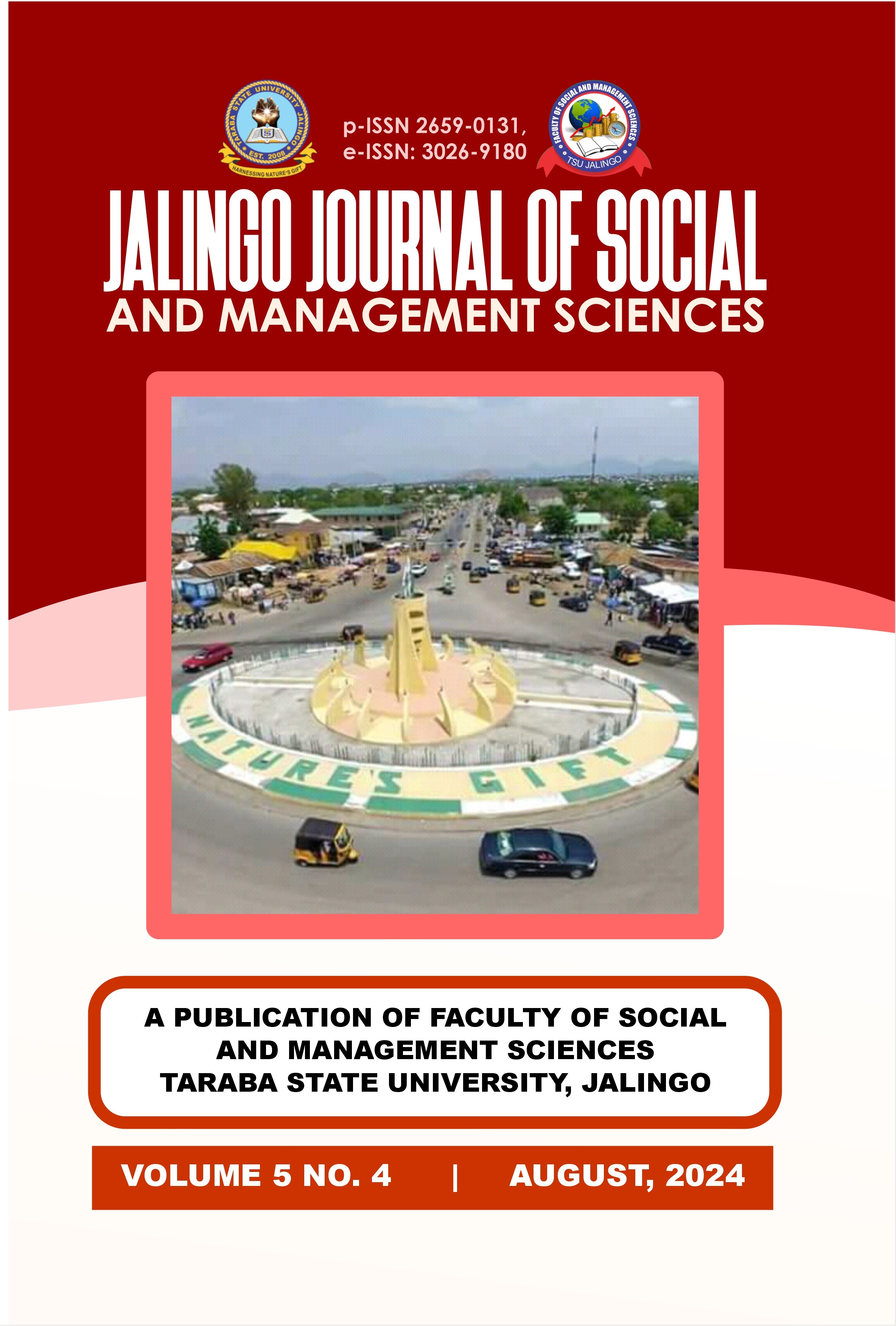Corruption, Service Delivery and Sustainable Development in Kogi State
Keywords:
Corruption, infrastructural development, Kogi State, service delivery, sustainable development.Abstract
Political philosophers and scholars believe states exist for good life, but bureaucratic and political corruption in Kogi State, including embezzlement, fraud, bribery, money laundering, and procurement fraud, poses a significant challenge to service delivery and sustainable development. This study therefore, examined the impact of corruption on service delivery and sustainable development in Kogi State. It is descriptive in nature, primarily utilized secondary sources of data and adopted Institutional Theory as the theoretical premise. The study revealed that the misappropriation of funds earmarked for infrastructure development, has led to a deterioration of roads, bridges, healthcare facilities, and educational institutions in the State. It also reveals that the corruption in Kogi State has resulted in the inefficient operation of public utilities, such as electricity and water supply, leading to frequent power outages, poor water quality, and high costs for the citizens. The study concluded that for the achievement of sustainable development in Kogi State, there must be availability of provision of essential services. And for objective realization of sustainable development and its goals, the ugly epidemic of corruption ravaging Kogi State in particular must first be wiped-out with strong determination. The study therefore suggests that as a deterrence measure, the crime of felony and or capital punishment like death sentence should be melted on anyone found of committing either bureaucratic or political corruption.

Downloads
Published
Issue
Section
License
Copyright (c) 2024 JALINGO JOURNAL OF SOCIAL AND MANAGEMENT SCIENCES

This work is licensed under a Creative Commons Attribution-NonCommercial 4.0 International License.
